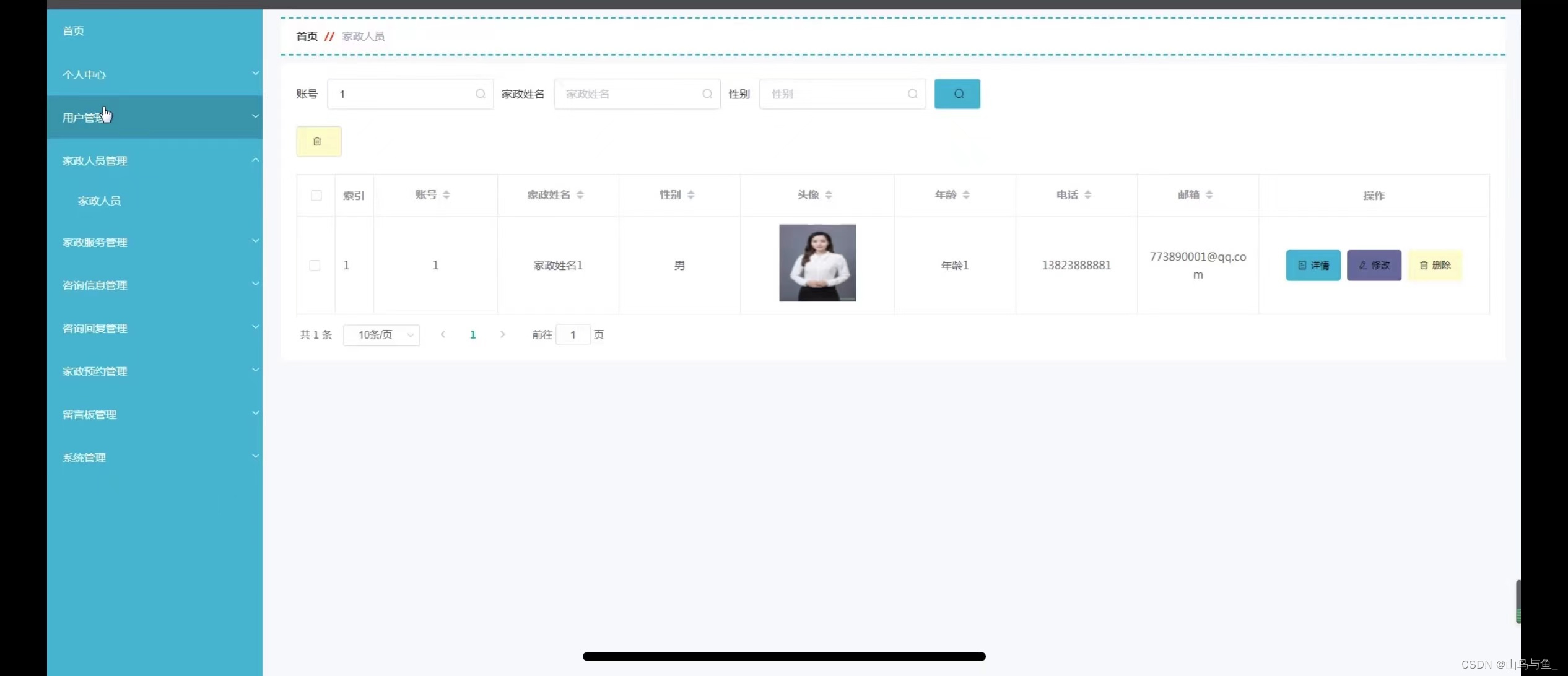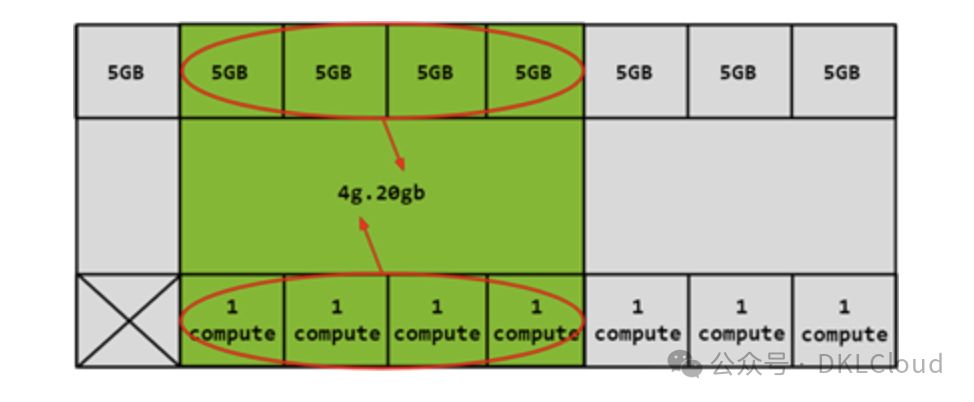前两篇我们我们把控制台、Python环境Anaconda 搞定了,接下来,我们快速进入主题,把AI 界的“Hello World” 实现一下,有个感觉,再逐步了解一些AI的概念。
1、Pytorch 安装
1) 什么是Pytorch?
一个深度学习框架,封装了很多深度学习相关函数,目前是pytorch已成为最受欢迎的深度学习框架之一,除了它,目前还有一些在用的TensorFlow、Keras、MXNet、Caffe 等。
2) 为什么用Pytorch?
我们公司在用它,行业主流也在用它,我没必要一开始学冷门,出了问题,找不到“知音”
3)如何用上Pytorch?
官网介绍在这里:Start Locally | PyTorch
macOS 通过Anaconda 安装pytorch
conda install pytorch torchvision -c pytorch
正常情况下,你会遇到我一样的错误
❯ conda install pytorch torchvision -c pytorch
Channels:
- pytorch
- https://mirrors.ustc.edu.cn/anaconda/pkgs/free
- https://mirrors.ustc.edu.cn/anaconda/pkgs/main
- https://mirrors.tuna.tsinghua.edu.cn/anaconda/pkgs/free
- https://mirrors.tuna.tsinghua.edu.cn/anaconda/pkgs/main
- defaults
Platform: osx-arm64
Collecting package metadata (repodata.json): failed
CondaHTTPError: HTTP 429 TOO MANY REQUESTS for url <https://mirrors.ustc.edu.cn/anaconda/pkgs/free/osx-arm64/repodata.json>
Elapsed: 00:26.256248
An HTTP error occurred when trying to retrieve this URL.
HTTP errors are often intermittent, and a simple retry will get you on your way.
'https//mirrors.ustc.edu.cn/anaconda/pkgs/free/osx-arm64'解决办法我放到下方的附录部分了:
重新执行安装
❯ conda install pytorch torchvision -c pytorch
Channels:
- pytorch
- defaults
Platform: osx-arm64
Collecting package metadata (repodata.json): done
Solving environment: done
## Package Plan ##
environment location: /opt/anaconda3
added / updated specs:
- pytorch
- torchvision
The following packages will be downloaded:
package | build
---------------------------|-----------------
libjpeg-turbo-2.0.0 | h1a28f6b_0 386 KB defaults
pytorch-2.4.0 | py3.12_0 57.6 MB pytorch
torchvision-0.19.0 | py312_cpu 6.8 MB pytorch
------------------------------------------------------------
Total: 64.8 MB
The following NEW packages will be INSTALLED:
libjpeg-turbo anaconda/pkgs/main/osx-arm64::libjpeg-turbo-2.0.0-h1a28f6b_0
pytorch pytorch/osx-arm64::pytorch-2.4.0-py3.12_0
torchvision pytorch/osx-arm64::torchvision-0.19.0-py312_cpu
Proceed ([y]/n)? y
Downloading and Extracting Packages:
Preparing transaction: done
Verifying transaction: done
Executing transaction: done验证一下,没有报错,则安装成功了
❯ python
Python 3.12.4 | packaged by Anaconda, Inc. | (main, Jun 18 2024, 10:07:17) [Clang 14.0.6 ] on darwin
Type "help", "copyright", "credits" or "license" for more information.
>>> import torch
>>>
2、开始写程序
先有个体感,从MNIST 手写的一批数字中,训练出一个模型,然后再拿一部分MNIST数据区验证模型准确率。下面的程序打印了一些识别错误的反例。
先跑跑,下篇我们逐行分析一下。
import torch
import torch.nn as nn
import torch.optim as optim
from torch.utils.data import DataLoader
from torchvision import datasets, transforms
from torch.utils.tensorboard import SummaryWriter
import matplotlib.pyplot as plt
# 数据加载与预处理
transform = transforms.Compose([
transforms.ToTensor(),
transforms.Normalize((0.5,), (0.5,))
])
train_dataset = datasets.MNIST(root='./data', train=True, download=True, transform=transform)
test_dataset = datasets.MNIST(root='./data', train=False, download=True, transform=transform)
print("load success")
train_loader = DataLoader(train_dataset, batch_size=64, shuffle=True)
test_loader = DataLoader(test_dataset, batch_size=64, shuffle=False)
# 模型定义
class SimpleCNN(nn.Module):
def __init__(self):
super(SimpleCNN, self).__init__()
self.conv1 = nn.Conv2d(1, 32, kernel_size=3, stride=1, padding=1)
self.conv2 = nn.Conv2d(32, 64, kernel_size=3, stride=1, padding=1)
self.pool = nn.MaxPool2d(2, 2)
self.fc1 = nn.Linear(64 * 7 * 7, 128)
self.fc2 = nn.Linear(128, 10)
def forward(self, x):
x = self.pool(nn.ReLU()(self.conv1(x)))
x = self.pool(nn.ReLU()(self.conv2(x)))
x = x.view(-1, 64 * 7 * 7)
x = nn.ReLU()(self.fc1(x))
x = self.fc2(x)
return x
# 训练设置
model = SimpleCNN()
criterion = nn.CrossEntropyLoss()
optimizer = optim.Adam(model.parameters(), lr=0.001)
num_epochs = 10
# TensorBoard 初始化
writer = SummaryWriter()
# 记录损失和准确率
loss_values = []
accuracy_values = []
# 训练循环
for epoch in range(num_epochs):
running_loss = 0.0
correct = 0
total = 0
for images, labels in train_loader:
optimizer.zero_grad()
outputs = model(images)
loss = criterion(outputs, labels)
loss.backward()
optimizer.step()
running_loss += loss.item()
_, predicted = torch.max(outputs.data, 1)
total += labels.size(0)
correct += (predicted == labels).sum().item()
avg_loss = running_loss / len(train_loader)
accuracy = 100 * correct / total
# 记录到 TensorBoard
writer.add_scalar('Loss/train', avg_loss, epoch)
writer.add_scalar('Accuracy/train', accuracy, epoch)
# 记录到列表
loss_values.append(avg_loss)
accuracy_values.append(accuracy)
print(f'Epoch [{epoch+1}/{num_epochs}], Loss: {avg_loss:.4f}, Accuracy: {accuracy:.2f}%')
writer.close()
# 测试模型
model.eval()
test_loss = 0.0
correct = 0
total = 0
i=0
with torch.no_grad():
for images, labels in test_loader:
outputs = model(images)
loss = criterion(outputs, labels)
test_loss += loss.item()
_, predicted = torch.max(outputs.data, 1)
total += labels.size(0)
correct += (predicted == labels).sum().item()
if (predicted[i] != labels[i] ):
print("我猜是",predicted[i],"实际是",labels[i])
plt.imshow(images[i].reshape(28,28),cmap='Greys', interpolation='nearest')
plt.show()
test_loss /= len(test_loader)
test_accuracy = 100 * correct / total
print(f'Test Loss: {test_loss:.4f}, Test Accuracy: {test_accuracy:.2f}%')
# 使用 Matplotlib 绘制损失和准确率
plt.figure(figsize=(12, 4))
# 绘制损失图
plt.subplot(1, 2, 1)
plt.plot(range(1, num_epochs + 1), loss_values, label='Loss')
plt.title('Training Loss')
plt.xlabel('Epochs')
plt.ylabel('Loss')
plt.legend()
# 绘制准确率图
plt.subplot(1, 2, 2)
plt.plot(range(1, num_epochs + 1), accuracy_values, label='Accuracy', color='orange')
plt.title('Training Accuracy')
plt.xlabel('Epochs')
plt.ylabel('Accuracy (%)')
plt.legend()
plt.tight_layout()
plt.show()load success
Epoch [1/10], Loss: 0.1447, Accuracy: 95.53%
Epoch [2/10], Loss: 0.0447, Accuracy: 98.61%
Epoch [3/10], Loss: 0.0303, Accuracy: 99.06%
Epoch [4/10], Loss: 0.0218, Accuracy: 99.28%
Epoch [5/10], Loss: 0.0164, Accuracy: 99.47%
Epoch [6/10], Loss: 0.0136, Accuracy: 99.52%
Epoch [7/10], Loss: 0.0105, Accuracy: 99.65%
Epoch [8/10], Loss: 0.0079, Accuracy: 99.75%
Epoch [9/10], Loss: 0.0076, Accuracy: 99.75%
Epoch [10/10], Loss: 0.0078, Accuracy: 99.72%

附录
1、Http 429 限制问题解决,找到 用户目录的 .condarc 文件
vim ~/.condarcvim 编辑后,替换文件内容一下为下方的内容
channels:
- defaults
show_channel_urls: true
default_channels:
- https://mirrors.tuna.tsinghua.edu.cn/anaconda/pkgs/main
- https://mirrors.tuna.tsinghua.edu.cn/anaconda/pkgs/r
- https://mirrors.tuna.tsinghua.edu.cn/anaconda/pkgs/msys2
custom_channels:
conda-forge: https://mirrors.tuna.tsinghua.edu.cn/anaconda/cloud
msys2: https://mirrors.tuna.tsinghua.edu.cn/anaconda/cloud
bioconda: https://mirrors.tuna.tsinghua.edu.cn/anaconda/cloud
menpo: https://mirrors.tuna.tsinghua.edu再执行安装,即可




















